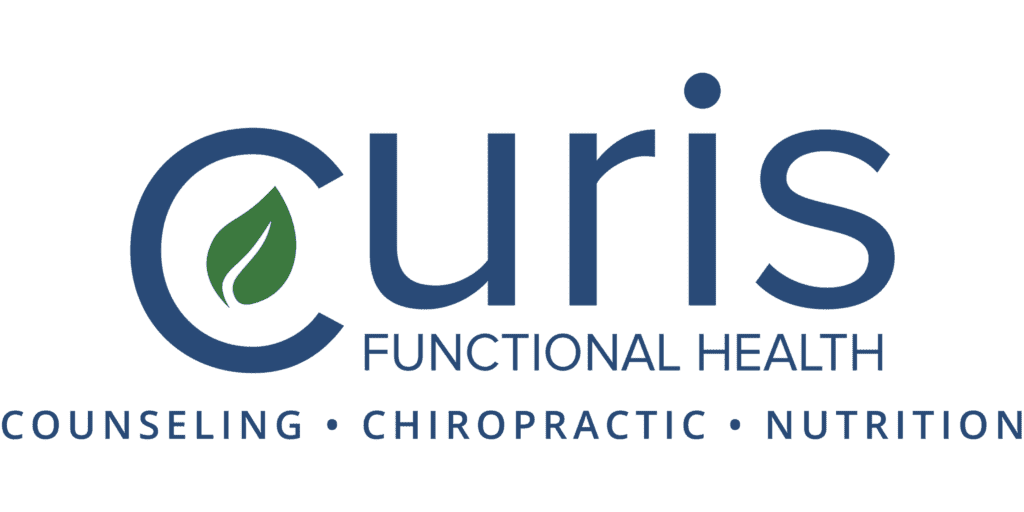Thinking Disorders Therapy
A thinking disorder is a complex condition that causes problems with thinking. This inability to think correctly can make life stressful and difficult.
What Is Thinking Disorder Therapy?
A thinking disorder is a specific type of cognitive dysfunction affecting a person’s ability to generate logical speech, writing, and behavior. It disrupts the thought process, creating chaos with social interactions, organization, and expression of thoughts. It leads to illogical and incoherent behavior and speech.
Thinking disorders are often found in autism, bipolar disorder, ADHD, schizophrenia, and other severe mental illnesses.
Common Symptoms of Thinking Disorder
As mentioned earlier, thinking disorder is characterized by bizarre speeches and writing. Following are some common symptoms; neologism, pressured speech, unconventional speech, incoherent speech, distractible speech, tangential speech, flight of ideas, derailment, circumstantial speech, poverty of speech, preservation, etc.
Therapy for Thinking Disorders
Thinking disorder symptoms are the result of an underlying condition. A person diagnosed with a thinking disorder can be treated with medications and therapy depending on what is causing the thinking disorder.
Treatment usually involves medications. The prescribed drugs help improve the thinking disorder symptoms. The type of medication used depends on the disorder, but commonly antipsychotic and anti-seizure medications are administered. These medications help balance the brain chemicals serotonin and dopamine.
Moreover, psychotherapy is also highly beneficial for the treatment of underlying mental illnesses involved in thinking disorders.
Cognitive-behavioral therapy (CBT) can significantly help a person identify untrue thoughts and learn to replace them with more realistic ones.
Psychotherapy is beneficial for treating schizophrenia when coupled with other treatments. If you feel your loved one is battling a thinking disorder, encourage them to seek medical attention. Treatments can effectively manage thinking disorder symptoms, and the doctor can suggest the proper treatment based on underlying conditions.
There are many different types of psychotherapies available that can help with thinking disorders. But the most effective of them all is cognitive-behavioral therapy (CBT). Such talking therapies help assess the problem, chalk out solutions and assist the patient in following them. Thinking disorders can be treated under the vigilance of the therapist.








